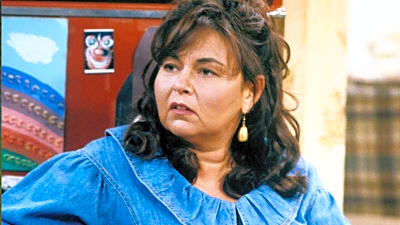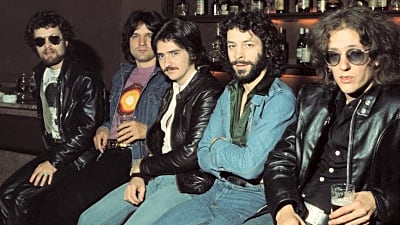x

MGM
14 facts you might not know about 'American Fiction'
Having the first film you write be nominated for Best Picture? That’s impressive. What if you also made your directorial debut with that same movie? That’s remarkable. It’s also the case with American Fiction. One of the positives about the Oscars, even if you quibble with things about them, is that they help bring more attention to films like American Fiction. A film, if we may editorialize, really deserves it. Here are 14 (non-fiction) facts about the movie.
More must-reads:
Customize Your Newsletter
 +
+
Get the latest news and rumors, customized to your favorite sports and teams. Emailed daily. Always free!





















